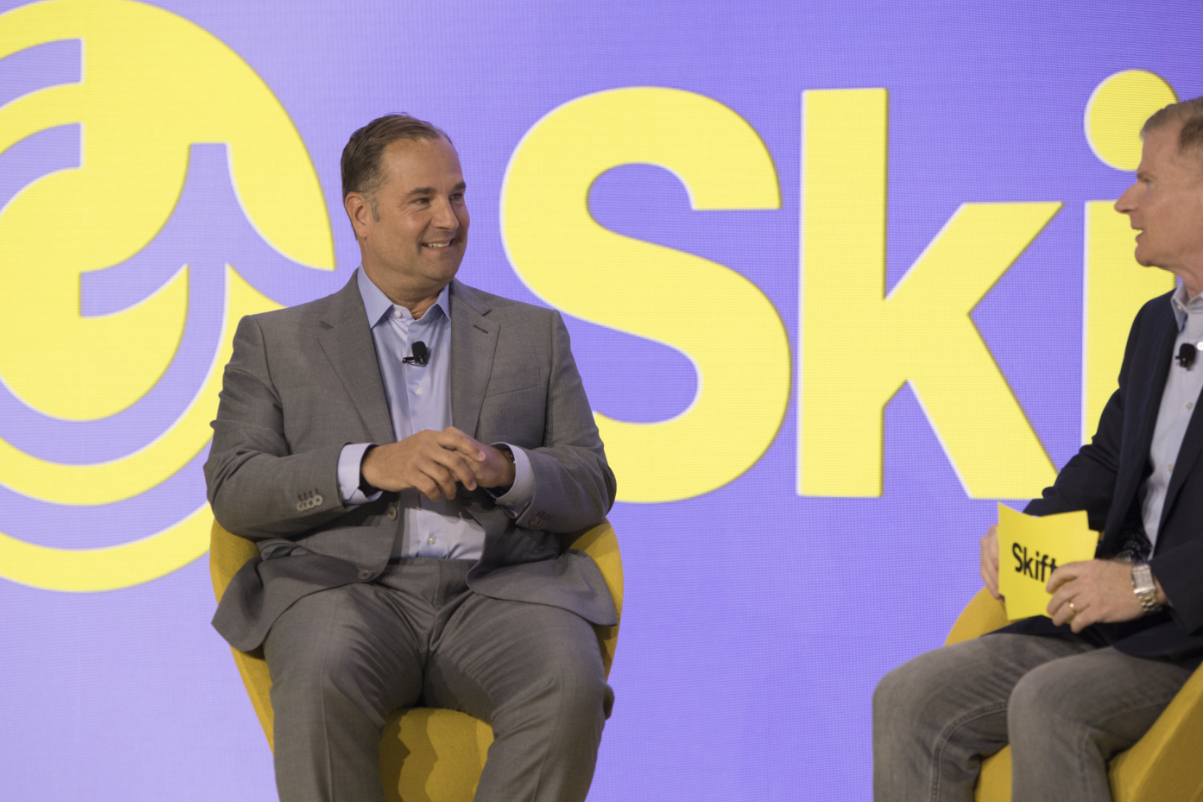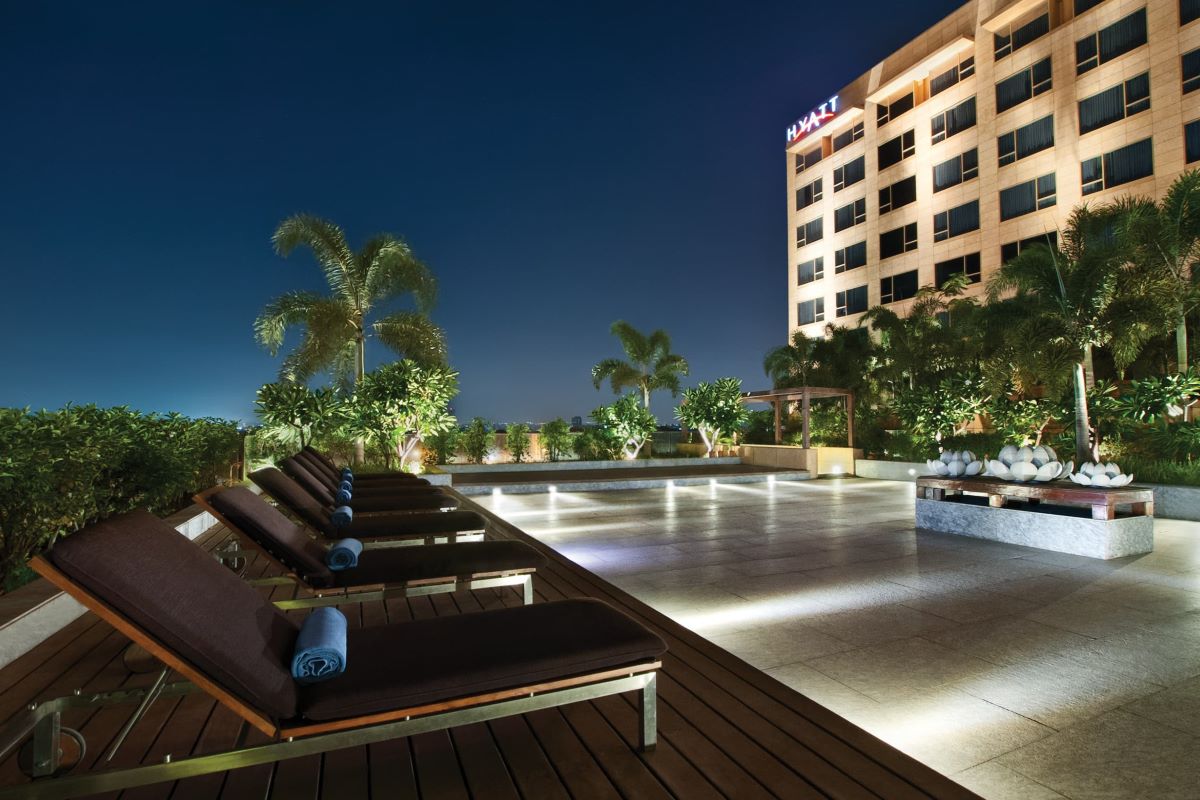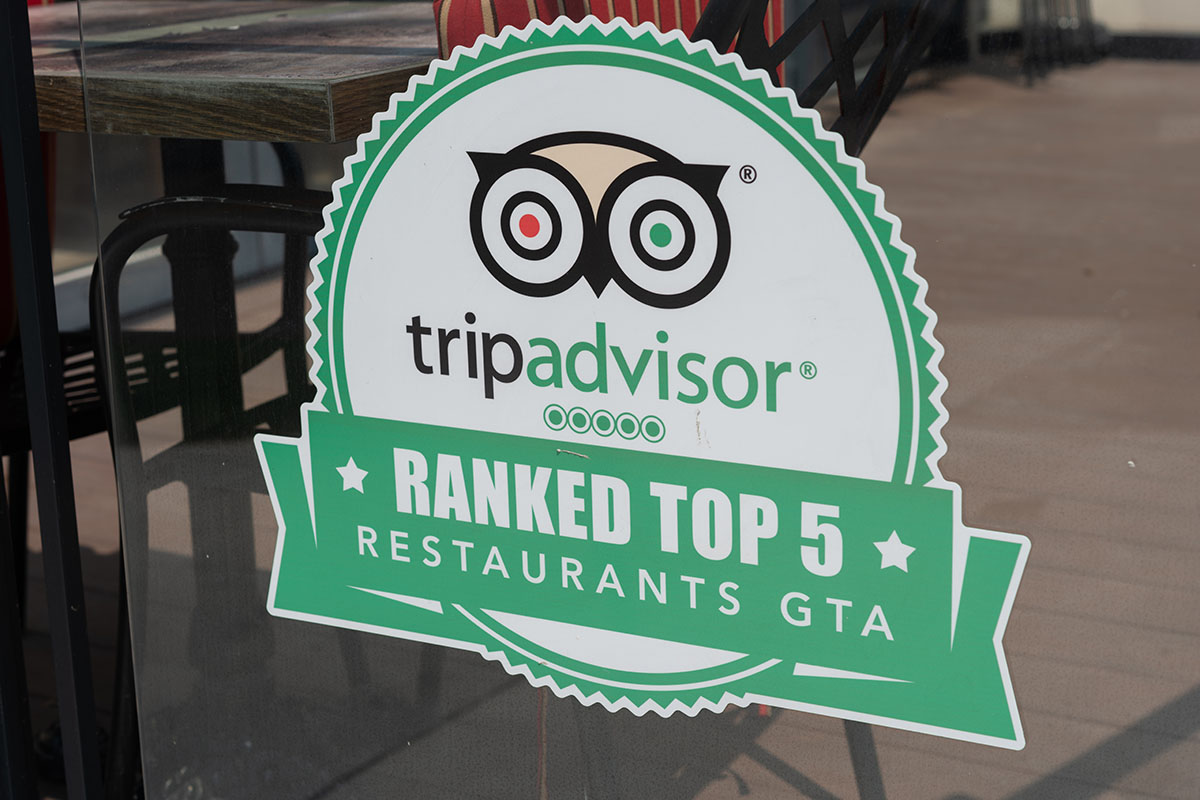Rethinking the Current State of Hotel Technology

Skift Take
This sponsored content was created in collaboration with a Skift partner.
Hotel technology as it stands today is in need of a major transformation. The hospitality industry has seen rapid changes from a market, guest, staff and product perspective over the last few years, but the technology which the industry currently operates on has mostly stayed the same. As guest demands become more sophisticated, and as the market becomes increasingly crowded and competitive, it’s clear that the current approach to how hoteliers manage their operational technology is no longer enough.
Most properties, whether large or small, tend to run the operations of various business functions and departments on multiple systems from a disparate, vertical set of vendors. For example, a hotel’s food and beverage operation, booking inventory operation and spa and wellness operation typically each run on separate systems from each other, leaving the hotelier and their staff to manage these various pieces of guest information, as well as the revenue they generate, in a complex, dizzying puzzle. Complicating this even further, these systems are often founded on legacy technology that may be close to two decades old. Approaching operations in such a way tends to silo information between departments, lead to inefficient, costly ways of doing business, and limit the understanding of a guest’s journey.
A new approach to managing operational efficiencies is needed, especially as hotels expand their products and services and broaden the scope of their ancillary revenues beyond the traditional room rate to keep up with the competition. Moving from the current departmentally-oriented technology model toward an integrated operational platform allows hoteliers the opportunity to enhance their operational delivery and consolidate information to better reflect and understand the demands of today’s market.
As Petter Stordalen, owner and CEO of Nordic Choice Hotels explains, “With Nordic Choice’s mix of business, resort and leisure properties, it was evident that using disparate ‘best of breed’ software for different functions and activities across the different brands would be difficult, if not impossible, to do effectively. We realized that adopting an agile platform could allow us to deliver the kinds of services and business initiatives we want.”
Using a comprehensive integrated software platform can help simplify operations, break down barriers between the various functionalities of a single property, and consolidate guest data to give a complete view of the customer. All of this lends itself to operations that are built around the business, rather than a business that is build around the limitations of existing technology.
Cenium provides the global hospitality industry with a unified one-stop business solution for hotel, resort, conference center, restaurant and retail operations. To learn more, visit Cenium.
This content was created collaboratively by Cenium and Skift’s branded content studio, SkiftX.




